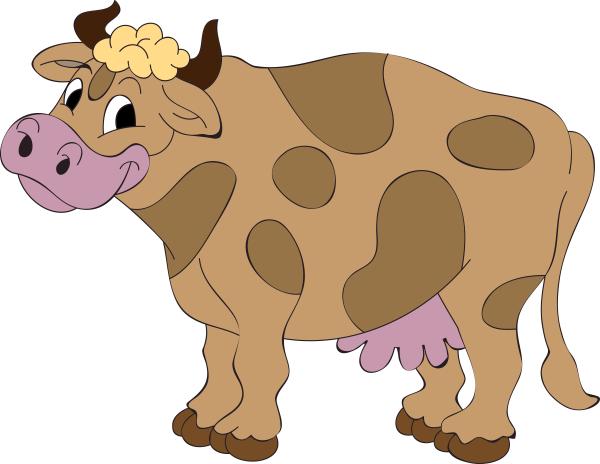
An advertising slogan from years ago — "You Never Outgrow Your Need For Milk" — reminds me of what used to be taken for granted in the US — kids need cows' milk in order to grow and develop properly. That truism has been challenged of late, however, especially by people who choose a vegan lifestyle. And there are alternatives available, such as soy, rice and almond "milks". So does substituting one of these plant-based beverages for cows' milk have any effect on the children who drink them, compared to kids who do drink cows' milk? Dr. Marie-Elssa Morency from the University of Toronto, Canada, and colleagues investigated whether such alternative choices were associated with differences in children's height. Their report was published in the American Journal of Clinical Nutrition.
The researchers performed a cross-sectional study (a snapshot of one point in time) of about 5,000 healthy Canadian children. The kids were between 24 and 72 months old at the study point. The impetus for the investigation, according to the authors, was the knowledge that consumption of non-cow milk (NCM) had been increasing, that NCM contained different and possibly less protein and fat than cows' milk, and that neither Canada nor the US regulates the nutritional composition of NCM.
When the children in the study attended their well-child checkups, they were weighed and measured and their mothers' height was also measured (so that genetic effects on height could be accounted for). The mothers reported on the amounts of milk — cows' milk or NCM their children drank daily.
Over 90 percent of the children drank cows' milk daily, and 13 percent consumed NCM daily. Data analysis showed that there was an association between lower height and consumption of NCM, and this association was dose-dependent. For every cup of NCM consumed, there was a significant 0.1 lower z-score (1), or a 0.4 cm (about .2 inches) lower height. Further, each cup of cows' milk consumed was associated with a 0.2 cm increased height. And children who drank 3 cups daily of NCM were about 1.5 (about 0.6 inches). cm shorter than those who drank 3 cups of cows' milk daily.
The authors suggest that such differences may be due to there being less protein in NCM. For example, they state, while 2 cups of cows' milk contain 16 grams of protein (70 percent of a 3-year old's requirement), the same amount of almond milk contains only 4 grams of protein. And the quality of the protein is unlikely to be the same. The investigators suggested:
"Standardization of the nutritional content of noncow milk may assist parents in choosing between milk beverages of equal nutritional content. Alternatively, improved front-of-package labeling to indicate micronutrient fortification (including calcium and vitamin D) or whether the milk beverage provides a sufficient source of protein for children would assist parents in making informed decisions about the appropriate choice of milk for their children."
Whether or not the differences seen in this study imply any other health associations for the children was not determined. And of course, associations do not mean causation. Nor do we know what other differences in these children's diets may have had an effect. However, it is reasonable to think that the choice of beverages, especially when some are more nutritionally complete, will have impacts on children's growth is biologically plausible. Parents should pay attention.
1) z-score: computation of a z-score is a way of standardizing or normalizing observations. The difference between a score and the population mean is computed and divided by the population standard deviation.



